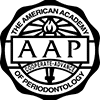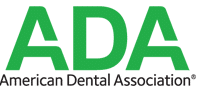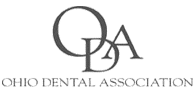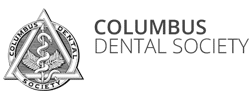Xylitol is a non-fermentable sugar alcohol used as a sweetener. Unlike other natural or synthetic sweeteners, xylitol is actively beneficial in dentistry by reducing caries and is known to induce remineralization of demineralized enamel. Xylitol is categorized by the US FDA as a food additive and is allowed to be labeled with the claim that it does not promote dental cavities. Xylitol is most frequently found in chewing gum, lozenges, and nasal spray.
Xylitol products have been promoted for patients with xerostomia due it its non-cariogenic and remineralization properties.
Benefits of Xylitol include:
* Low calories (safe for diabetics and hyperglycemia)
* Few or no side effects
* No aftertaste
* Interferes with bacterial growth and reproduction
* No known toxicity in humans
Studies from the 1970s found that, compared with chewing sucrose-sweetened gum, xylitol resulted in nearly two fewer cavities or missing teeth. In the 33-month Xylitol for Adult Caries Trial, participants were given xylitol lozenges or a sucrose-sweetened placebo, and the result revealed a significant reduction (40%) in the incidence of root caries in the group that had xylitol. A study from Japan shows that “fluoride and xylitol together have synergistic inhibitory effects on the acid production of Streptococcus mutants and suggests that xylitol has the potential to enhance inhibitory effects of low concentrations of fluoride”.*
Xylitol products have been promoted for patients with xerostomia due it its non-cariogenic and remineralization properties. In addition, the perception of sweetness found in xylitol causes the secretion of saliva which raises the pH and acts as a buffer against the acidic production of microorganisms in dental plaque.

 Dr. Sakamoto
Dr. Sakamoto
 Dr. Mannava
Dr. Mannava
 Our Team
Our Team
 FIRST VISIT
FIRST VISIT
 PATIENT FORMS
PATIENT FORMS
 DENTAL INSURANCE
DENTAL INSURANCE
 POST-OP INSTRUCTIONS
POST-OP INSTRUCTIONS





